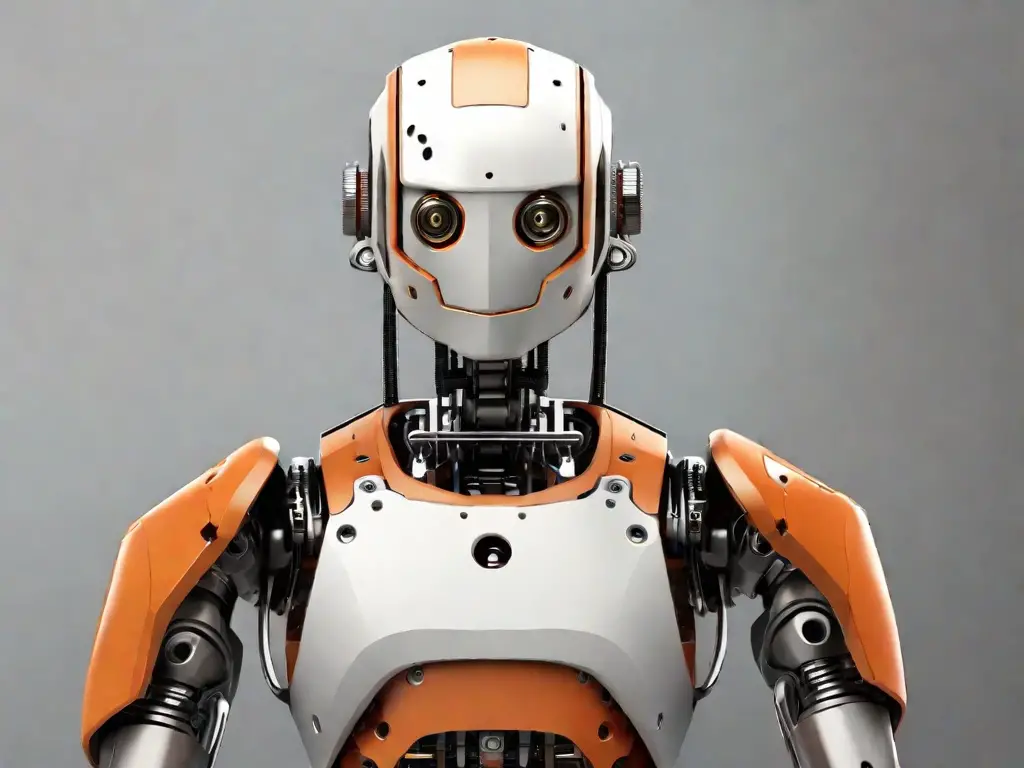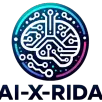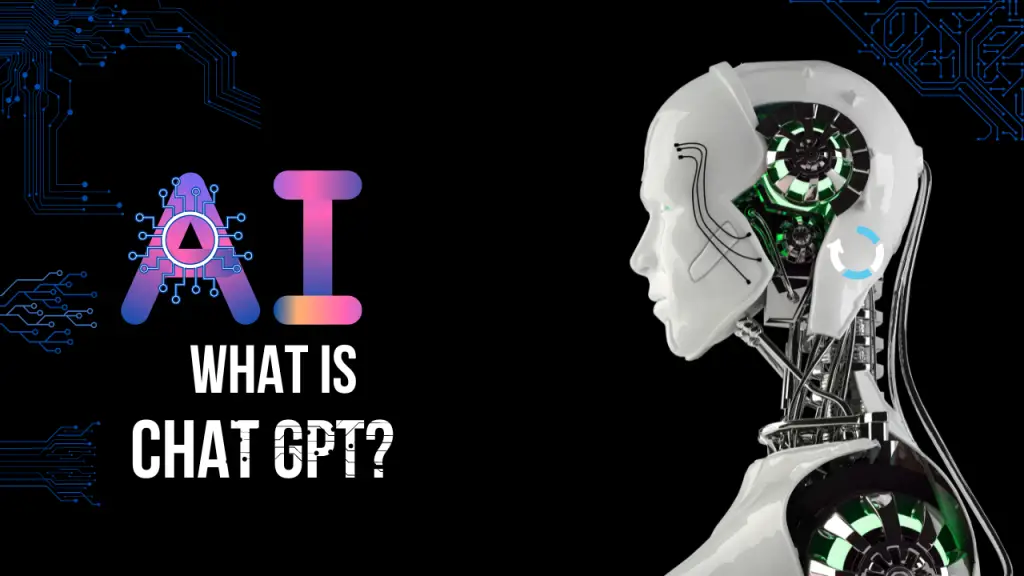What is ChatGPT?: ChatGPT is an advanced artificial intelligence (AI) language model developed by OpenAIA and is designed to engage in natural language conversations with users, providing information, answering questions, generating text, and assisting with a wide range of tasks. In this comprehensive article, we will delve into the details of ChatGPT, its capabilities, applications, limitations, and frequently asked questions.
Table of Contents
What is ChatGPT?
- Definition and Overview:
ChatGPT is a state-of-the-art AI language model that can understand and generate human-like text. It is designed to process natural language and engage in text-based conversations with users, making it a powerful tool for various applications. - Evolution of Language Models:
ChatGPT is part of a lineage of language models that includes GPT-1, GPT-2, and GPT-3, each building upon the previous model’s capabilities. ChatGPT represents a significant advancement in conversational AI.
How Does ChatGPT Work?

- Architecture and Training Data:
ChatGPT relies on a deep neural network architecture called the Transformer. It has been trained on a vast amount of text data from the internet, enabling it to learn patterns, grammar, and context. - Natural Language Understanding and Generation:
ChatGPT uses its understanding of language to comprehend user queries and generate coherent and contextually relevant responses. It leverages its training to predict the most likely next word or phrase.
Capabilities of ChatGPT
- Text Generation:
ChatGPT can generate text for a wide range of purposes, including writing articles, stories, poetry, and more. - Language Translation:
It can translate text from one language to another, aiding in cross-lingual communication. - Content Summarization:
ChatGPT can summarize long articles or documents, condensing information for easier consumption. - Code Writing:
It can assist in generating code snippets for programming tasks. - Conversational AI:
ChatGPT can engage in natural and context-aware conversations, making it suitable for chatbots, virtual assistants, and customer support.
Applications of ChatGPT (What is ChatGPT?)
- Content Creation:
Content creators use ChatGPT to assist in writing articles, blogs, and marketing materials. - Customer Support:
ChatGPT powers chatbots and virtual agents that handle customer inquiries and support requests. - Education:
It aids students with research, generates study materials, and provides explanations for complex topics. - Research Assistance:
Researchers use ChatGPT for data analysis, hypothesis generation, and information retrieval. - Creative Writing:
Authors and creative writers leverage ChatGPT to spark creativity and overcome writer’s block.
Limitations of ChatGPT
- Bias and Fairness:
ChatGPT can exhibit biases present in its training data, leading to biased responses. - Incorrect Information:
It may generate incorrect or fictional information if not fact-checked. - Lack of Context:
ChatGPT may lose context in lengthy conversations and generate irrelevant responses. - Ethical Concerns:
Its use in generating fake news or misinformation raises ethical concerns.
Can ChatGPT solve a problem?

Yes, ChatGPT can help solve a wide range of problems and answer questions across various domains. It is a versatile AI language model that can provide information, offer explanations, generate creative content, assist with decision-making, and more. Here are some ways in which ChatGPT can be used to solve problems:
- Information Retrieval: ChatGPT can provide factual information, explanations, and details on a wide range of topics based on the knowledge it has been trained on.
- Problem Solving: ChatGPT can assist with problem-solving by providing insights, suggestions, and guidance on how to approach specific challenges or tasks.
- Language Translation: ChatGPT can translate text from one language to another, helping overcome language barriers.
- Writing Assistance: ChatGPT can assist with content creation, including writing essays, articles, or reports, and generating creative content like poems or stories.
- Coding and Programming: ChatGPT can help with coding and programming questions, offering code snippets, debugging assistance, and explanations of coding concepts.
- Decision Support: ChatGPT can provide information and perspectives to aid in decision-making processes, whether it’s choosing a product, making a financial decision, or deciding on a course of action.
- Education and Learning: ChatGPT can answer questions and provide explanations on various subjects, making it a useful tool for learning and studying.
- Research Assistance: ChatGPT can assist with research tasks by providing background information, suggesting research directions, and helping refine research questions.
- Entertainment and Creativity: ChatGPT can generate jokes, stories, poetry, and other creative content for entertainment purposes.
- General Problem Solving: ChatGPT can engage in conversations and discussions to help users explore and analyze various problems and challenges.
However, it’s important to note that ChatGPT’s abilities are based on the data it has been trained on up to its knowledge cutoff date in January 2022. It may not have access to the latest information or developments beyond that date. Additionally, while ChatGPT can provide valuable assistance, it’s not infallible, and users should exercise critical thinking and verify information for important decisions or tasks.
Conclusion
In conclusion, ChatGPT is a groundbreaking AI language model that has the potential to transform various industries and applications. While it offers numerous benefits, it also comes with challenges that need to be addressed responsibly. As AI technology continues to evolve, it is essential to stay informed and use it judiciously to maximize its advantages while minimizing its drawbacks.
FAQs About ChatGPT
What sets ChatGPT apart from previous AI models?
ChatGPT is a more advanced and context-aware conversational AI model compared to its predecessors.
Can ChatGPT have emotions?
No, ChatGPT does not have emotions. It generates text based on patterns and data.
Is ChatGPT available for commercial use?
Yes, OpenAI offers ChatGPT for commercial use through subscription plans.
How does OpenAI address ethical concerns?
OpenAI is committed to mitigating biases, implementing guidelines, and seeking external input to ensure responsible AI usage.
Can ChatGPT replace human jobs?
While it can automate certain tasks, it is not a replacement for human expertise and empathy.


Pingback: What is Generative Artificial Intelligence? A New Era 2024